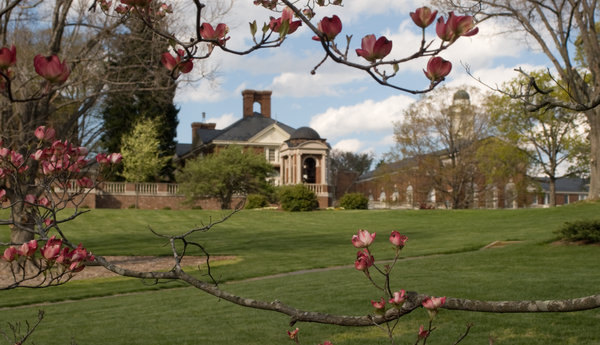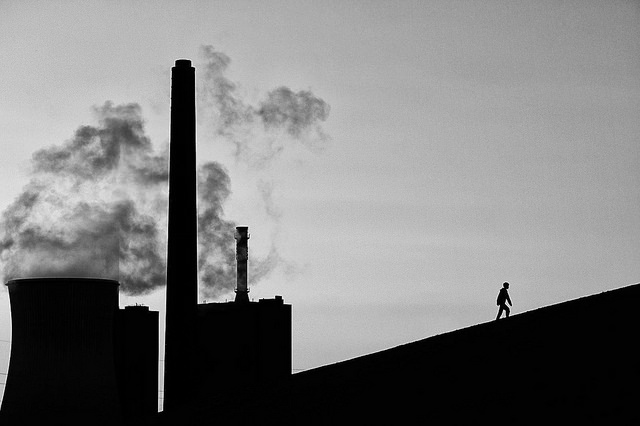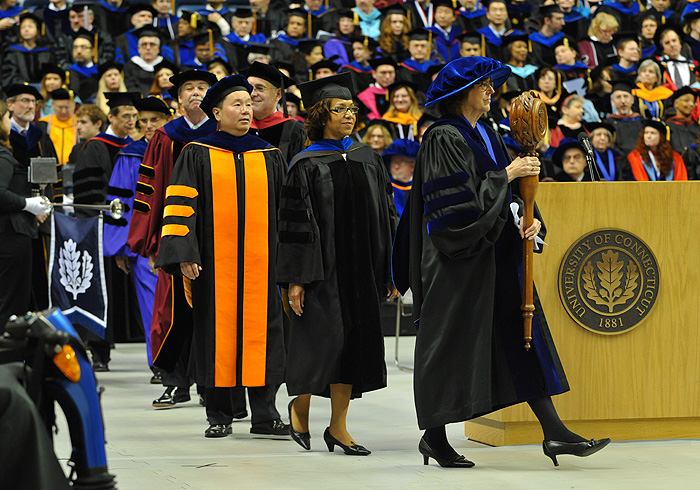Category Archives: Issue Discussion
More colleges to close. Reality or hype?
Moody’s has released a report arguing that revenue problems will triple the annual number of small colleges to close through 2017. An average of 5 colleges each year have closed over the past decade. With the attention Sweet Briar attracted before ultimately deciding not to close, the issue of college closures is top of mind lately. However, the question remains: what is the likelihood of more colleges closing?

I agree with Moody’s analysis if not their conclusions.
Why salary is a bad way to judge higher education’s success
The Obama administration has released a new College Scorecard web page that provides some additional data not previously available. The Scorecard takes the place of the Department of Education’s failed rating plan that largely collapsed under its own weight, the objections of college leaders, and Congressional leaders from both parties. Unfortunately, the new web page continues the administration’s higher education policy and rhetoric focusing on the economic importance of higher education. To that end, the new system provides information regarding the income of students six and ten years after they enrolled in higher education. In today’s post, I will discuss why salary is a bad way to judge higher education’s success.

I object to the salary measure on both philosophical and practical grounds.
Evolution of University-Industry-Government Relationship
In today’s post, I want to share an excerpt from an article I wrote several years ago that appeared in the journal, Industry and Higher Education. In it, I describe the evolution of how higher education, industry, and the federal government work together to produce research. Historically, academia and industry have been separate producers of knowledge. Beginning in the late 18th century, technologies were developed from a scientific knowledge base and then used to promote economic development. Instances of basic science supporting technological progress in industry increased during the 19th century, which encouraged cooperation between different sectors. In the United States, while the evolution of government industry-university relationship parallels the changing role of science and university in serving regional and national needs, the relationship between government, industry, and university were particularly shaped by some historical landmark events and conditions.

Plight of tenure: Labor Day edition
Labor Day is the chance for Americans to celebrate the success of the American workforce. This recognition acknowledges the importance of workers to the social and economic progress of the United States. Last year, I discussed the plight of adjuncts in higher education in the tradition of Labor Day. To celebrate this year, I will discuss the plight of tenure. Across institutional types, tenure is in decline. Just a generation ago, tenure earning faculty made up nearly two-thirds of faculty in U.S. higher education. As we grill our hamburgers today, the number of tenure earning faculty has dropped below one-third. But why do we need tenure? Doesn’t tenure just protect lazy, deadwood faculty? Other professions don’t receive lifetime contracts, why should professors? In today’s post, I will share the four challenges that tenure enables and their importance for both higher education and society.

What is tenure? Simply put, tenure is a lifetime contract.
This does not mean a lifetime job. Tenure establishes clear guidelines as to how and why a faculty member can be fired.

